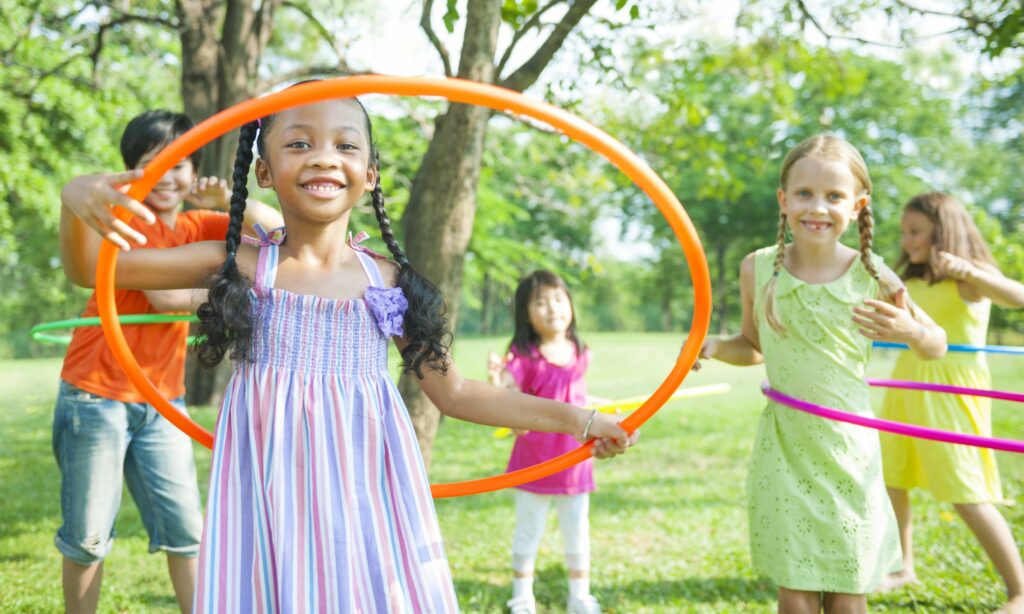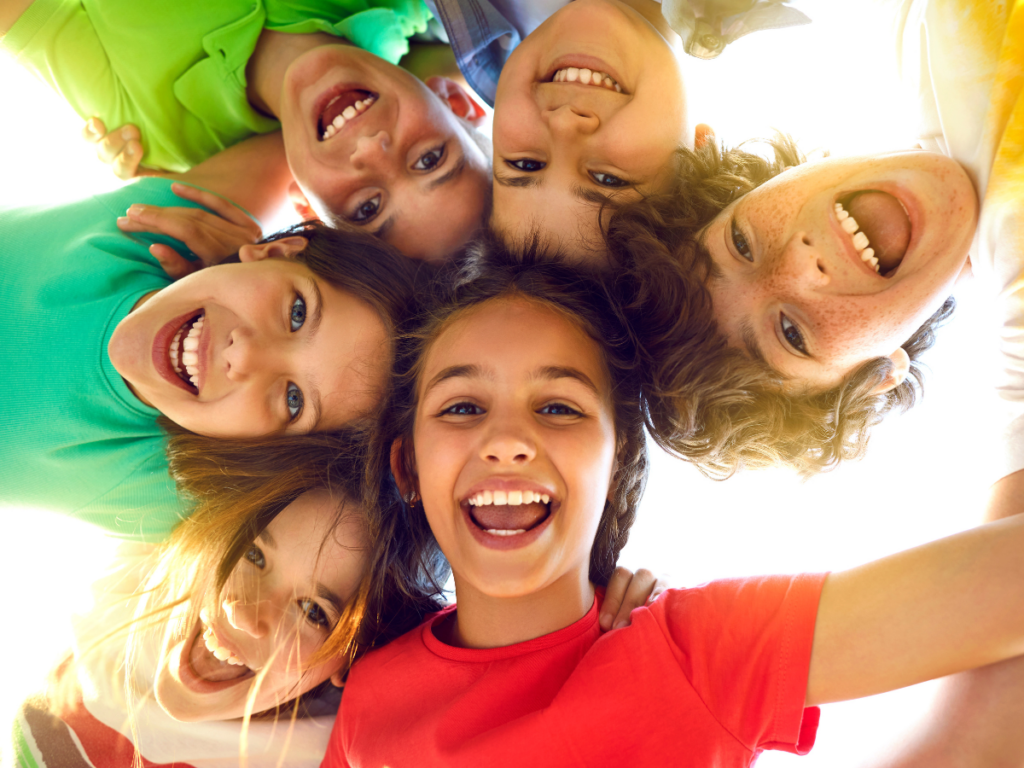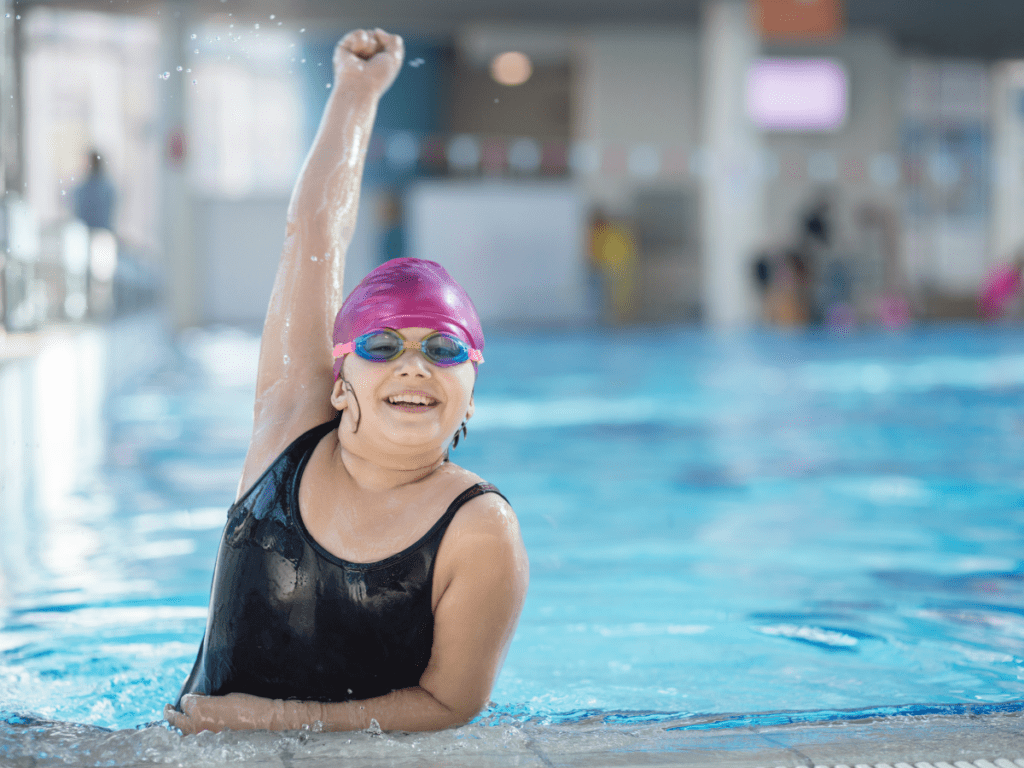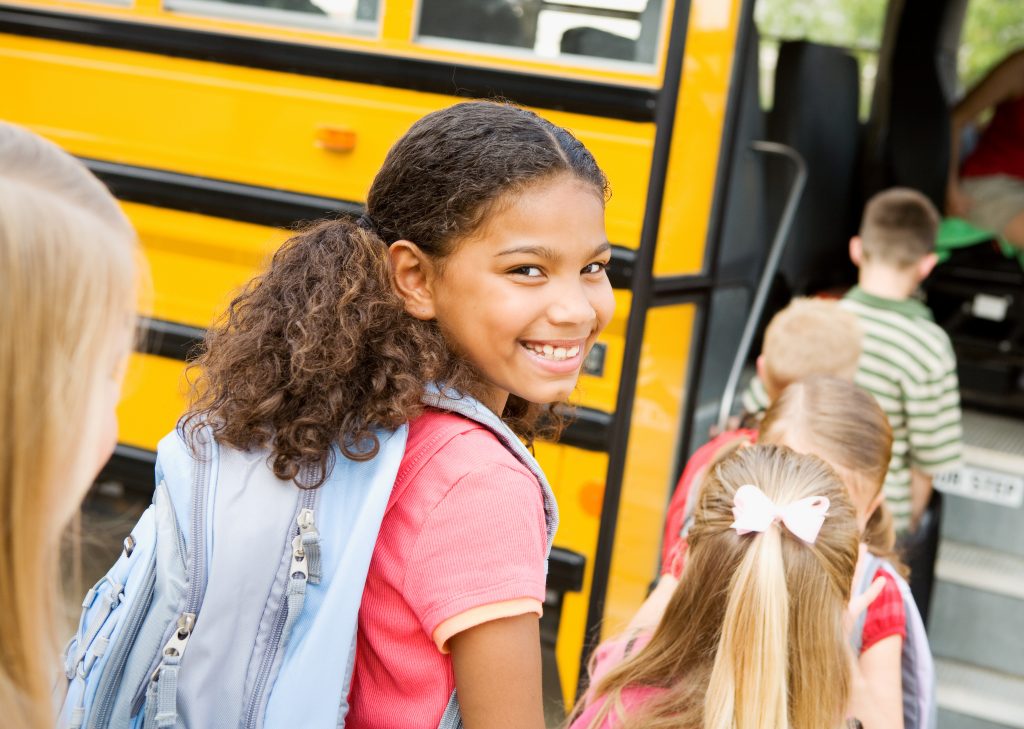The True Sport Experience: Bringing physical and ethical literacy to life in and out of the classroom

Physical and health education teachers and coaches are experts at helping kids learn new skills. By patiently walking students through each learning step, they build the blocks of learners’ physical literacy. However, sport and recreation experiences aren’t built on physical skills alone. Instead, the experiences are wrapped in life lessons, personal growth and a few…
Imagery use in children’s leisure time physical activities

Project summary Given the rate of children’s physical inactivity, it is important to identify strategies that assist individuals in self-regulating their physical activity behaviors. Imagery is one such strategy. Children’s use of imagery has been investigated in sport, but not all children are involved in organized sport. Children may accumulate their daily physical activity and…
Increasing physical literacy in youth
Physical literacy – the motivation, confidence, competence, and knowledge to be physically active for life – is considered by some to be the essential ingredient to lifelong physical activity. But how is it developed? Analysis of participant outcomes from a two-week day camp design to increase physical literacy showed promising results from a mix of…
Physical Literacy Assessment Tool
The Physical Literacy Environmental Assessment (PLEA) tool examines four domains to determine the extent to which sport and physical activity programs support the development of physical literacy amongst children and youth: environment, programming, leaders and staff, and values and goals, The tool can also be used as a checklist when planning and delivering a physical…
Successful experiences for overweight children in sport (SOS)

Project Summary Located in the Almaguin Highlands Region in the District of Parry Sound, Powassan is a rural municipality of approximately 3,400 residents. For this research, we engaged in a participatory action research (PAR) project with the Municipality of Powassan Recreation Committee. The focus of the research was about improving access to sport and recreation…
Youth Behaviour Trajectories
Longitudinal studies allow us to observe behavioural changes and identify patterns over time, providing unique insight on how behaviours are affected by life events. New research using data from the Monitoring Activities of Teenagers to Comprehend their Habits (MATCH) study, which followed nearly 1,000 children for eight years, describes how Canadian youth follow different trajectories…
The Digital Gamification of Youth Sport Engagement

Gamification is the use of game techniques, such as the allocation of points and rewards, to provide incentive and fuel the competitive spirit in aspects of life outside of sport (Bunchball, 2020). Examples are abundant, and include Points Days at Shoppers Drug Mart, using an Aeroplan credit card to earn travel miles, or opening a…
Physical Literacy & TGfU
Physical literacy has become an important outcome across many educational, sport, and recreation settings in Canada. Research from Brock University finds pedagogical strategies that incorporate a Teaching Games for Understanding approach can support the development of physical literacy among elementary-school-aged youth.
Physical literacy and life-long participation
The development of physical literacy is essential to life-long participation in sport and physical activity. Learn how teachers and parents (and program leaders, coaches, and others!) can be allies in ensuring students develop the “motivation, confidence, physical competence, knowledge and understanding to value and take responsibility for engagement in physical activities for life” in the…
Parents and Teachers – Allies in Physical Literacy

With students settled into new classes with new teachers, many families find themselves considering how to best support student success across the school day. Physical literacy is becoming an integral facet of Physical and Health Education curricula across the country, and parents are likely to see this term more often on report cards, course outlines,…